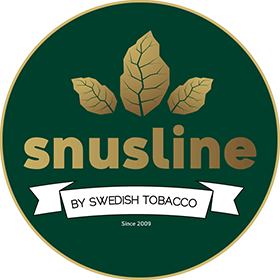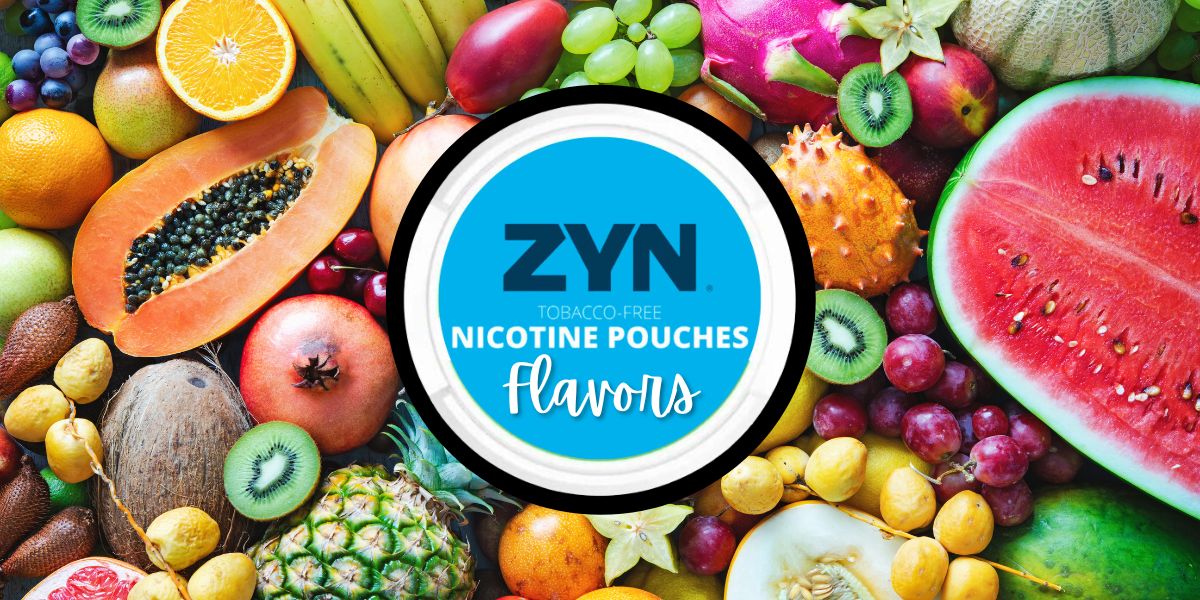No products in the cart.
Are Nicotine Pouches Safe?
The Rise of Nicotine Pouches
Amid rising apprehension regarding youth e-cigarette consumption, a new contender in the realm of flavored nicotine products has made its entrance – oral nicotine pouches, leading to widespread questions like ‘are nicotine pouches safe?’ Brands like Zyn, On!, and Velo are gaining traction as popular alternatives to conventional tobacco products. Though these products lack tobacco leaf, they’re not devoid of nicotine.
The leap in sales from $126.06 million towards the end of 2019 to a staggering $808.14 million at the beginning of 2022 underscores a notable shift in the public’s preferences for nicotine consumption. The clever marketing strategies that put a spotlight on various flavors and the liberty of usage have been instrumental in fueling this dramatic growth.
Regulation and Market Control
Contrary to common belief, oral nicotine pouches are not categorized under smokeless tobacco products by the Food and Drug Administration (FDA). This difference in categorization means these pouches aren’t subjected to the same strict regulatory controls as other tobacco products. Currently, there’s a void in federal regulations that limit or restrict the sale of these pouches, creating a relatively unrestricted market environment.
Health Impacts: The Known and the Unknown
Researchers are actively studying the long-term health effects associated with nicotine pouches. However, we already know that nicotine consumption has adverse effects on adolescents. There’s broad agreement that nicotine can disrupt brain development, especially in areas that manage attention, learning, and addiction susceptibility. ‘Are nicotine pouches safe?’ remains a critical question in this context. Additionally, evidence shows that nicotine can worsen symptoms of depression and anxiety.
Nicotine Pouches vs. Traditional Tobacco Products
The question “are nicotine pouches safer than chewing, smoking, or vaping?” remains unanswered due to insufficient long-term data. However, the absence of tobacco and its combustion byproducts in these pouches potentially makes them a less harmful alternative. The nicotine they deliver can be as potent as that found in medicinal nicotine—gum and lozenges used for smoking cessation.
FDA’s Stance and Premarket Approvals
Nicotine pouches have begun receiving preliminary approval from the FDA, with brands like Verve already getting the green light. These approvals are backed by data indicating a low likelihood of youth, non-smokers, and former smokers initiating or reinitiating tobacco use with these products. However, continual monitoring is crucial to detect any unforeseen health impacts.
Understanding the Risks of Smoking
The dangers of smoking aren’t just limited to the smoker. They extend to non-smokers through secondhand smoke and unborn babies when mothers smoke during pregnancy. While nicotine pouches may not be entirely safe, they may present a less harmful alternative for nicotine ingestion if they’re used to completely substitute cigarettes.
Debunking Nicotine Misconceptions
Nicotine, though addictive, doesn’t cause cancer—it’s the multitude of chemicals in cigarette smoke that are carcinogenic. While nicotine pouches do contain nicotine, they lack the harmful byproducts of tobacco leaf or its combustion, thereby potentially reducing health risks. However, casual substitution of pouches for cigarettes may not bring any health advantage.
Is Nicotine a Gateway to Cigarettes?
There’s limited evidence suggesting prior use of non-combusted products may deter progression to cigarettes. Certain individual behaviors, such as alcohol consumption, appear to be stronger predictors of smoking initiation among adolescents.
Clearing Myths About Nicotine Pouches
Several misconceptions surround nicotine pouches, including the mistaken belief that they cause cancer or are as addictive as smoking. However, the reality is nicotine pouches are free from tobacco and the carcinogens that come with it. They also generally have less addictive potential compared to traditional smoking.
Dental Health and Nicotine Pouches
Currently, no definitive research actively links nicotine pouches to gum disease or tooth loss.However, maintaining good oral hygiene remains crucial, especially when using nicotine pouches.
Never Too Late to Quit Smoking
Quitting smoking is beneficial, no matter what age. It can stop, even undo, damage from smoking. A question may arise, ‘are nicotine pouches safe as an alternative?’ However, the primary focus is on cessation. You can greatly lessen your risk of death or serious diseases if you quit before 50. The benefits continue with time. Just three years after quitting, the risk of heart attacks can be cut in half. In a decade, the risk of lung cancer drops significantly. Every step towards quitting counts.
The Bottom Line: Are Nicotine Pouches Safe?
Nicotine pouches may not be entirely safe, but they may be less harmful than smoking if they are used as a complete substitute for cigarettes. It’s important to select products from reputable manufacturers that adhere to high-quality standards. In conclusion, while these pouches may not be harmless, they may present a viable harm reduction strategy for current smokers.

 Sign in
Sign in



